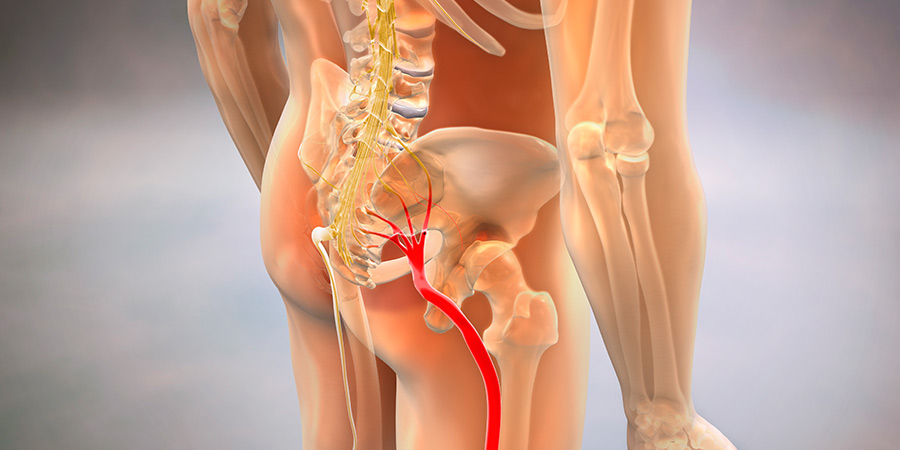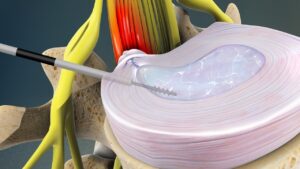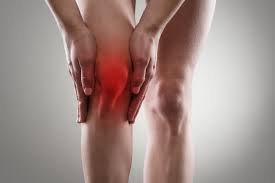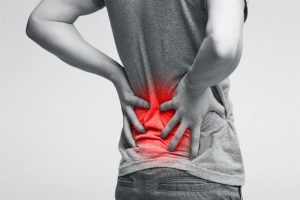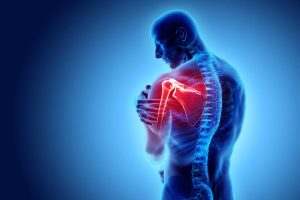Sciatica pain is one of the most common health problems affecting many people worldwide. This pain, which results from pressure on the sciatic nerve, which extends from the lower back to the legs, can significantly impact a person’s quality of daily life. When the pain becomes severe, it becomes necessary to seek effective treatment methods. Patients should consult specialists such as Dr. Hesham Al-Azzazi, who has extensive experience in pain management and specialized therapeutic interventions. In this article, we will learn about the causes and symptoms of sciatica, as well as the best treatment methods offered by Dr. Hesham Al-Azzazi.
What is sciatica?
Sciatica is a sharp pain felt in the lower back, pelvis, or leg, resulting from irritation of the sciatic nerve. This nerve is the longest nerve in the body, extending from the lower back through the hip and thigh to the foot. This pain is usually the result of pressure or irritation on the nerve, causing severe pain that may be accompanied by numbness or muscle weakness. The most common causes of sciatica are a herniated disc, spinal stenosis, or advanced knee osteoarthritis.
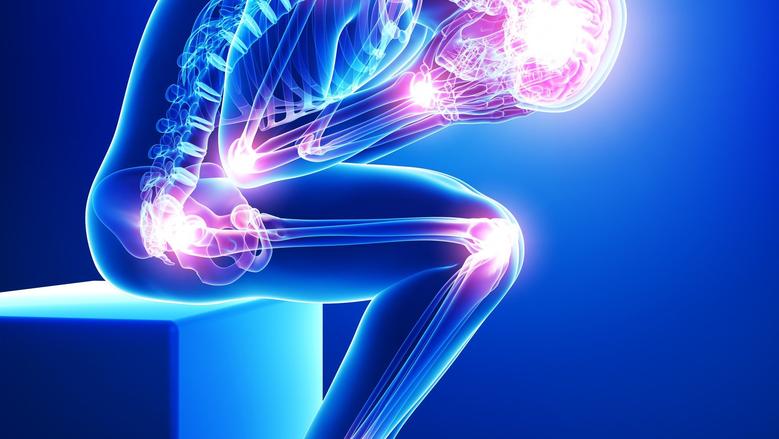
Causes of sciatica
- Herniated disc: A herniated disc is one of the most common causes of sciatica. When the disc between the vertebrae of the spine slips, it can put pressure on the surrounding nerves, causing pain.
- Spinal stenosis: In some cases, spinal stenosis may cause pressure on the nerves, leading to sciatica symptoms.
- Advanced knee osteoarthritis: Knee osteoarthritis can cause pressure on the sciatic nerve, resulting in pain similar to that of sciatica.
- Spinal injuries: Direct injuries to the lower back area may irritate the sciatic nerve.
- Incorrect movement patterns: Sitting or standing for long periods of time incorrectly can cause pressure on the nerves.
Sciatica symptoms
Sciatica symptoms vary from person to person, but they often include:
- Sharp or burning pain in the lower back or leg.
- Feeling numb or weak in the leg.
- Difficulty moving or walking.
- Pain that gets worse when sitting or standing for long periods.
- Some people may experience pain that increases after coughing or sneezing.
Sciatica treatment with Dr. Hesham Al-Azzizi
Treating sciatica pain requires a multifaceted approach based on accurate diagnosis and a comprehensive understanding of the condition. Dr. Hesham El-Azzizi is a consultant specializing in pain management and minimally invasive spine surgery. He has extensive experience providing non-surgical treatments for problems such as herniated discs, spinal stenosis, and other conditions associated with sciatica.
1. Physical Therapy
: Exercise and physical therapy are essential options for treating sciatica. Physical therapy strengthens the back and abdominal muscles, helping relieve pressure on the nerves and reduce pain. Dr. Hesham Al-Azzizi can develop a treatment plan that includes exercises tailored to the patient’s specific health condition.
2. Drug treatment:
Sciatica treatment includes the use of medications that relieve pain and inflammation, such as:
- Pain relievers: such as acetaminophen or ibuprofen.
- Muscle relaxants: Help reduce muscle spasms that may accompany pain.
- Antidepressants or antiepileptic medications: In some cases, using these medications can help reduce chronic nerve pain.
3. Minimally Invasive Treatment:
Dr. Hesham Al-Azzizi specializes in minimally invasive treatment, which involves non-surgical techniques that help reduce pain without the need for surgical intervention. These techniques include:
- Steroid injection: A steroid is injected into the area around the nerve to reduce inflammation and pain.
- Radiofrequency ablation: A technique used to inject heat into affected nerves to reduce pain.
- Platelet-rich plasma injections: These injections are used to help speed up the healing process and reduce inflammation.
4. Ultrasound therapy techniques
: Ultrasound is also a non-surgical treatment that can help relieve sciatica pain . Using sound waves, the doctor can target areas of nerve compression to stimulate healing and improve blood flow.
5. Surgery (in rare cases)
In some severe cases that do not improve with nonsurgical treatments, surgery may be recommended. Surgery may involve removing a herniated disc or treating a stenosis in the spinal canal. However, Dr. Hesham El-Azzizi always prefers to start with nonsurgical treatment before resorting to surgery.
To read more : Ways to treat sciatica pain
The importance of consulting Dr. Hesham Al-Azzizi
Dr. Hesham El-Azzizi has extensive experience treating spinal pain, including sciatica, and offers innovative solutions to help patients relieve pain without the need for surgery in many cases. Patients can rest assured that treatment will be tailored to their individual condition, helping to speed recovery and achieve optimal results.
Branches
Dr. Hesham El-Azzizi offers his services in several branches to meet the needs of patients across Egypt:
- New Cairo
- Fifth Settlement
- Engineers
- Alexandria
- Assiut
Contact us
To consult or book an appointment with Dr. Hesham Al-Azzizi, you can contact us via the following numbers:
(+2) 01100388388
(+2) 01208188181
(+2) 01101189898
(+2) 01101198989
conclusion
Treating sciatica pain requires accurate diagnosis and a comprehensive treatment plan. By combining physical therapy, medication, and interventional therapy, pain can be alleviated and quality of life improved for patients. With his extensive experience and expertise in treating spinal pain, Dr. Hesham El-Azzizi is among the best in this field. If you are suffering from sciatica or any spinal problem, do not hesitate to contact Dr. Hesham El-Azzizi to receive the best possible medical care.
The most common questions about sciatica treatment
Causes of sciatica include a herniated disc, spinal stenosis, and injury or inflammation of the sciatic nerve.
Diagnosis is made through a clinical examination, X-rays, MRI, or CT scan.
Yes, sciatica can be treated with medications such as pain relievers, nonsteroidal anti-inflammatory drugs (NSAIDs), muscle relaxants, or, in some cases, antidepressants.
Surgery is necessary in rare cases, such as when there is severe pressure on the nerve leading to muscle weakness or loss of movement.What are the main causes of sciatica?
How is sciatica diagnosed?
Can sciatica be treated with medication?
